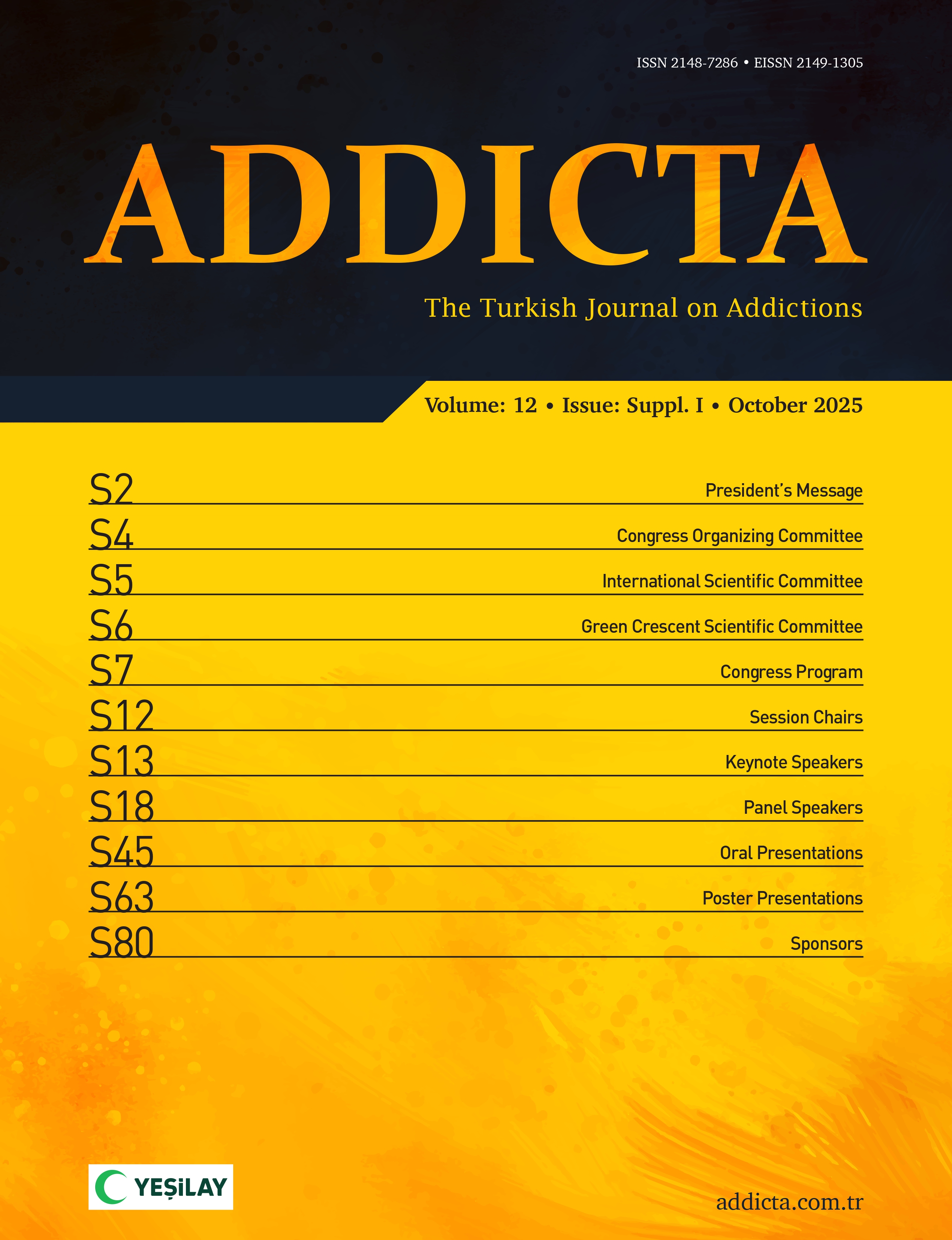Excessive use of social media can result in anxiety, communication problems, and depression. Identifying the factors that contribute to these negative outcomes is essential for mitigating the detrimental effects of social media usage. This study aims to explore the mediating effect of intolerance of uncertaintyon the relationship between self-regulation skills and social media addiction. The sample comprised 365 university students, with 224 females (61.4%) and 141 males (38.6%), aged 18 to 28, with a mean age of 20.79. The measurement tools utilized included the Social Media Addiction Scale, the Intolerance of Uncertainty Scale, and the SelfRegulation Scale. Data analysis was conducted through structural equation modeling, incorporating bootstrapping techniques as well. Results demonstrated significant negative correlations between self-regulation and intolerance of uncertainty, as well as a notable positive correlation between intolerance of uncertainty and social media addiction. The structural equation modeling indicated that intolerance of uncertainty serves as a partial mediator in the relationship between self-regulation skills and social media addiction. Ultimately, the findings suggest that diminished self-regulation skills among young adult university students may reduce their tolerance for uncertainty, thereby increasing their propensity for social media addiction.
Cite this article as: Kocabıyık, O. O. (2025). Intolerance of uncertainty in the relationship between self-regulation and social media addiction. Addicta: The Turkish Journal on Addictions, Published online XX XX, 2025. doi:10.5152/ADDICTA.2025.25448.

.png)


.png)
.png)